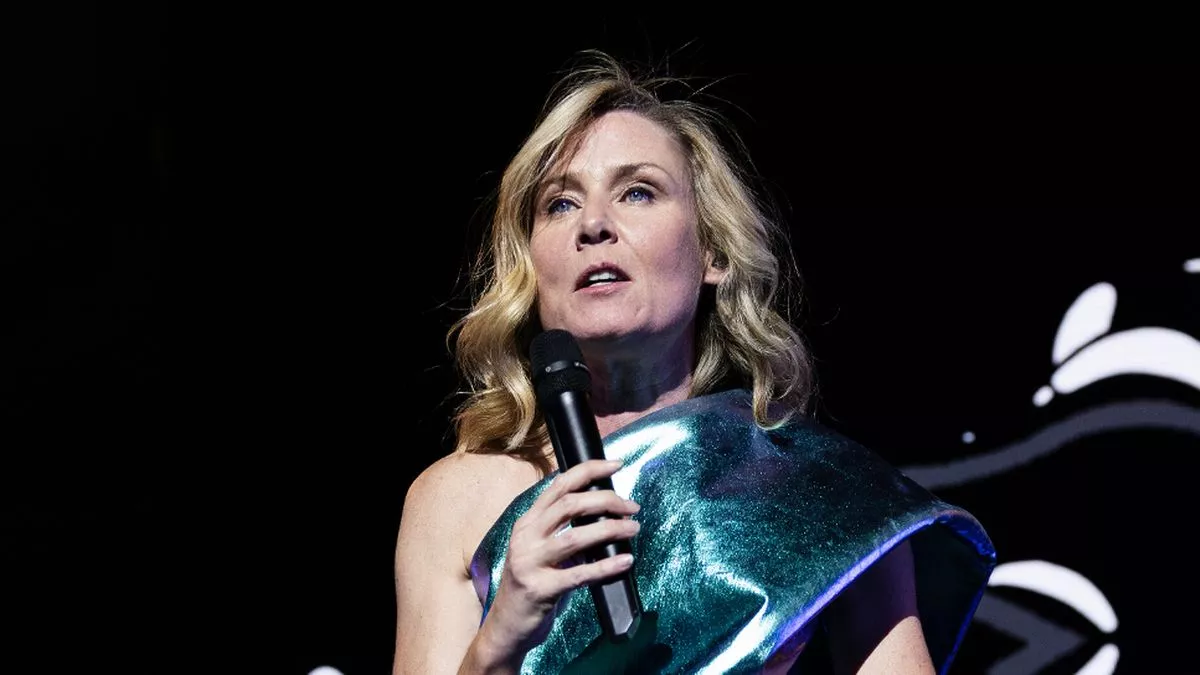The BBC has found itself in hot water after allowing presenter Amol Rajan to host the documentary “The Princes and the Press,” sparking outrage due to his past anti-royal tweets.
The decision to have Rajan front the controversial program has been criticized as a move that undermines the broadcaster’s claim to impartiality.
A royal insider, who has had a long-standing association with the BBC, condemned the broadcaster’s choice, labeling it as a travesty of its supposed neutrality.
The source highlighted that a quick look at Rajan’s Twitter history would reveal a clear bias against the royal family, bordering on disrespect.
Rajan’s previous tweets, dating back to 2010-2013, included derogatory remarks about Prince Charles’ intelligence and criticized the Duchess of Cambridge for her royal wave.
Despite issuing an apology for his past comments, stating his commitment to impartiality, the public outcry over his selection as the host of the documentary continued to grow.
Royal commentators, including Richard Fitzwilliams and Dickie Arbiter, lambasted the BBC for appointing Rajan as the presenter, citing the need for an impartial perspective.
The documentary, which explored the relationship between the princes and the media, failed to address key issues and was deemed one-sided by critics.
Members of the public also expressed their dissatisfaction with the BBC’s decision, with some calling for a reevaluation of the broadcaster’s funding.
Criticisms ranged from questioning the lack of impartiality in the documentary to suggesting alternative uses for public funds.
Following the airing of the first episode, Buckingham Palace, Kensington Palace, and Clarence House issued a rare joint statement emphasizing the importance of a responsible and open press in a democratic society.
They raised concerns about the credibility of unfounded claims presented as facts, urging media outlets to exercise caution.
In response to the backlash, the BBC defended its choice of presenter, stating that Rajan’s past views were separate from his current role as a journalist with the broadcaster.
The BBC emphasized its commitment to impartiality in all its current affairs programming, including the two-part series hosted by Rajan.
“The Princes and the Press” delved into the events leading up to Meghan and Harry’s engagement and wedding, shedding light on unethical practices by certain newspapers targeting the royal family.
Despite the documentary’s intentions, viewers criticized it for allegedly displaying bias against Meghan and lacking balance in its portrayal of the events.
Overall, the controversy surrounding the BBC’s handling of the documentary has reignited debates about media ethics, impartiality, and the responsibilities of broadcasters in presenting balanced perspectives on sensitive issues.
The public scrutiny highlights the challenges faced by media organizations in maintaining credibility and trust in an era of heightened scrutiny and diverse opinions.

